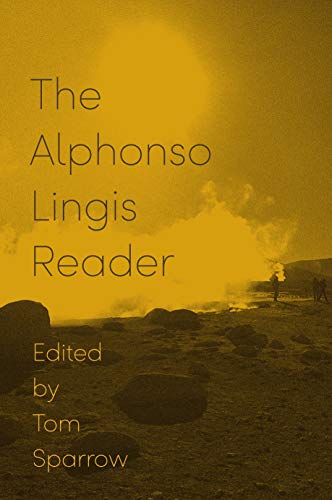Sublime
An inspiration engine for ideas
At first we can’t speak, and then we speak, and one of the things we use language to do, once we have it, is to exclude. And yet, as in Kafka’s formula, because we couldn’t speak initially, we can’t really speak. Or, as Freud puts it, when we speak we never really quite know what we’re saying. We say more than we intend, and we omit more than we
... See moreAdam Phillips • On Giving Up
he’s a phenomenologist,
Sonu Shamdasani • Lament of the Dead
into our own multifarious and superdeterminate depths. We could stop fighting against the irresistible currents of a world in which things, despite our sternest ethical injunctions, refuse to simply be what they are – ourselves included.
Alexander Douglas • Against Identity: The Wisdom of Escaping the Self
This was really the only thing I discovered in him after his return: a deep and unending solitude, as if he had been granted a gift that he didn’t know what to do with. A gift that was poison to him and eventually killed him. But would it have killed me? That was the question that crept into my mind even as I stared into his eyes those last few
... See moreJeff VanderMeer • Annihilation: A Novel (The Southern Reach Trilogy)
It is not incidental historically that both Lacan and James, in their very different ways, and from very different cultures and personal histories, are speaking up for what we have learned to call individualism (or more benignly, idiosyncracy, or eccentricity).
Adam Phillips • On Giving Up
Illegibility: Blanchot and Hegel by William S. Allen
LinkWho is “I” in “I hurt”? The one who inflicts the pain or the one who suffers it? And does “hurt” refer to the inflicting or the suffering?
Hernan Diaz • Trust

No system of thought can contain the fullness of human experience.